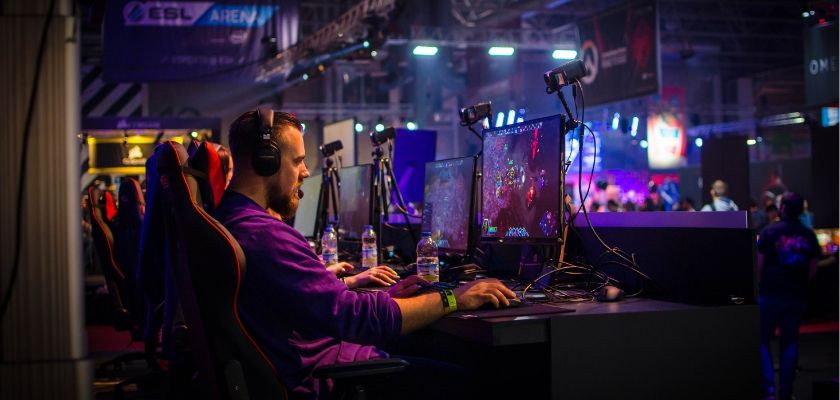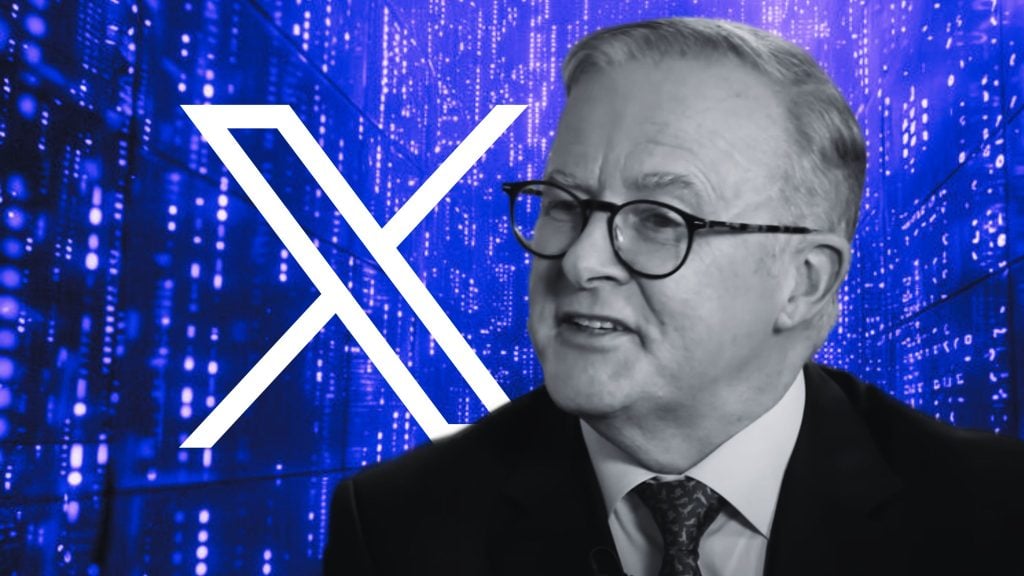China holds the record for the largest market for PC games in the world, as well as the most censored and regulated. Game development is complicated by heavily intricated bureaucracy and several aggressive rules limiting the violence, spiritualism, and political messages that are not complying with the communist values.
China’s government is pressuring video game companies such as Tencent to implement a system that fights addiction by regulating how much young users can play their favorite games. In a way, companies adhering to the government rules reinforce the reach of its authoritarian conduct.
“For American companies, it really comes down to deciding whether or not you are willing to participate in this type of surveillance,” said Matt Erickson, the executive director of the Digital Privacy Alliance, to the LA Times. “If they do choose to take part, it makes these companies not unwitting but full-blown accomplices in the Chinese police state.”
A report published on the LA Times focused on the Riot Games’ case, am LA-based developer owned by Tencent, China’s largest tech company and owner of stakes in many of the most popular gaming houses such as Activision-Blizzard. Riot Games was allegedly compelled by Tencent to develop an “anti-addiction” system under the regulations proposed by China’s Ministry of Culture and Tourism and approved last year.
The system, featured also in the Chinese version of League of the Legends, limits underage players to a maximum of two hours a day and can even interdict players at specific times during the day or limit time-based rewards. The Chinese version of World of Worldcraft also featured playtime restrictions for years.
In addition to the implications of such a limitation of freedom, these systems breach people’s privacy by requiring users to enter their national ID to be able to pass the identity check and to keep the playtime recorded. In a similar practice, South Korea requires online players to link their accounts to some form of ID (often through the proxy or the mobile phone number).
Digital privacy activists warn that the data collected from gamers could be used by a totalitarian government in many appalling ways, potentially involving North American game developers who participate in the construction of these systems.
“American companies are part of American society and should be institutions that we can trust, abiding by American values,” told ACLU’s Jay Stanley to the LA Times. “If these companies are running overseas and participating in authoritarian regimes, then it’s a real problem.”
China’s social credit system, that punishes or rewards citizens depending on whether they comply with certain rules, could be the next step into regulating videogames. It’s foreseeable that in some close future citizens could be punished by the government for playing too much since the recent reforms clearly show that officials in China believe videogames are a risk to the community’s wellbeing.
If you're tired of censorship and dystopian threats against civil liberties, subscribe to Reclaim The Net.









